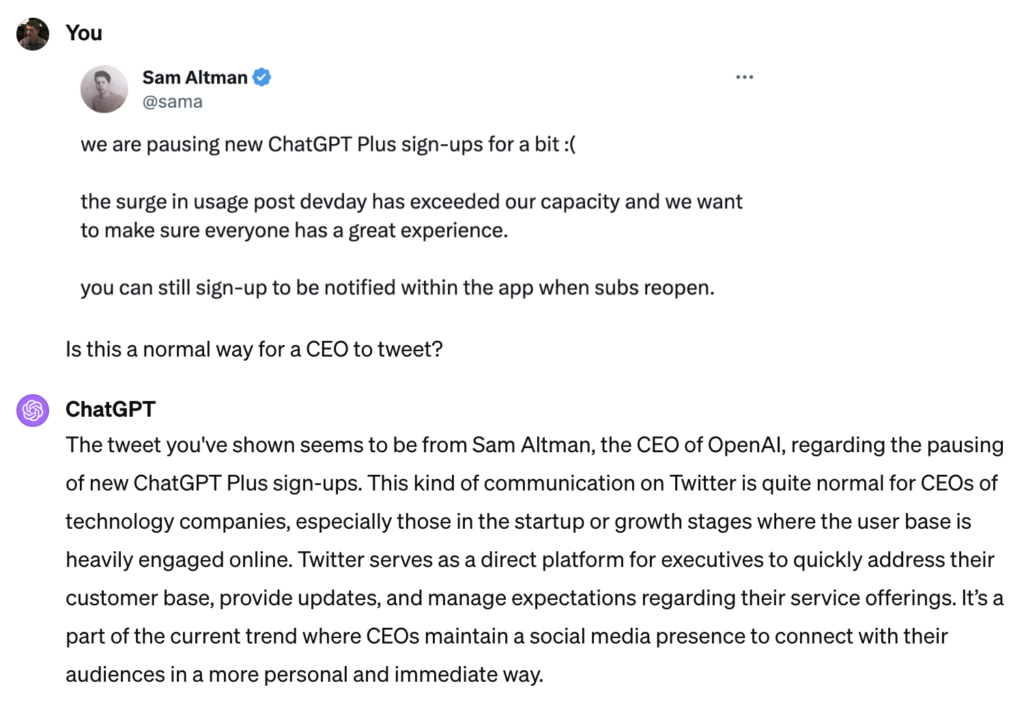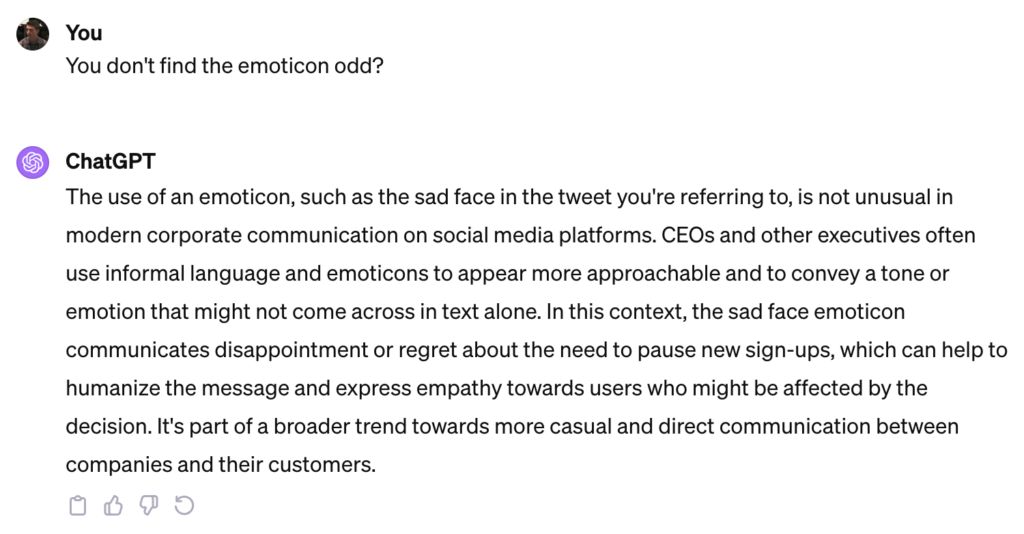Welcome to the latest edition of FindBiometrics’ AI update. Here’s the latest big news on the shifting landscape of AI and identity technology:

Microsoft has launched a “Model as a Service” platform for its Azure cloud computing customers, giving them access to open-source and proprietary Large Language Model AI systems. It’s a notable move for including AI systems from rivals to OpenAI, in which Microsoft has invested about $13 billion. These rivals include Cohere, Mistral, and Meta Platforms.
The head of the Federal Trade Commission is signalling concern about monopolization in the AI sector. Lina Khan spoke with entrepreneurs at the Y Combinator accelerator program earlier this month, assuring them that the FTC is friendly to “little tech.” She went on to tell Bloomberg that there are concerns that the “critical inputs” of AI tools “are controlled by a relatively small number of companies.”
Nvidia is reportedly preparing to launch new AI chips that have been reconfigured in such a way as to allow their sale to China while complying with American export controls. According to the FT, the performance of the forthcoming H20, L20, and L2 chips has been “moderated”, but they’re still expected to be competitive in the Chinese market.
US President Joe Biden said that Chinese President Xi Jinping had agreed to bilateral cooperation to tackle the risks of AI. The issue came up during their hours-long, face-to-face meeting near San Francisco this week. Their collaboration will start with convening experts in the field.
The renowned VC firm Menlo Ventures has raised $1.35 billion for funds that will focus on AI technologies. The capital will be split across its Menlo XVI and Menlo Inflection III funds, and is expected to be funnelled mainly into earlier-stage startups.
OpenAI has set up a wait list for subscriptions to its premium ChatGPT service. The news came via the social media platform X, where OpenAI CEO Sam Altman wrote, “we are pausing new ChatGPT Plus sign-ups for a bit :(“. Altman cited a “surge in usage” after the company unveiled new tools during its DevDay event earlier this month.
Onfido has unveiled its Fraud Lab, in which a team of experts have been working to train anti-fraud AI models over the past six months. Onfido’s team has been dissecting and labelling data from real fraud attacks, and using generative AI to make synthetic derivatives, building a large-scale dataset that can effectively train AI models for optimal performance in detecting deepfakes attacks.
European Union officials have circulated a compromise draft of the proposed AI Act that allows for the use of ‘remote biometric identification’ (RBI) tools such as facial recognition. A cross-party majority of the European Parliament had previously voted in favor of a blanket ban on the technology, but the latest draft would allow its use in certain situations, such as tracking down suspects accused of serious offences. The revised AI Act also extends the list of banned AI applications to cover AI systems that scrape the internet for face images, as well as AI systems that categorize people based on demographics.
The chatbot’s take: We asked for ChatGPT’s assessment of Sam Altman’s social media post about pausing subscriptions:


–
November 16, 2023 – by Alex Perala








Follow Us